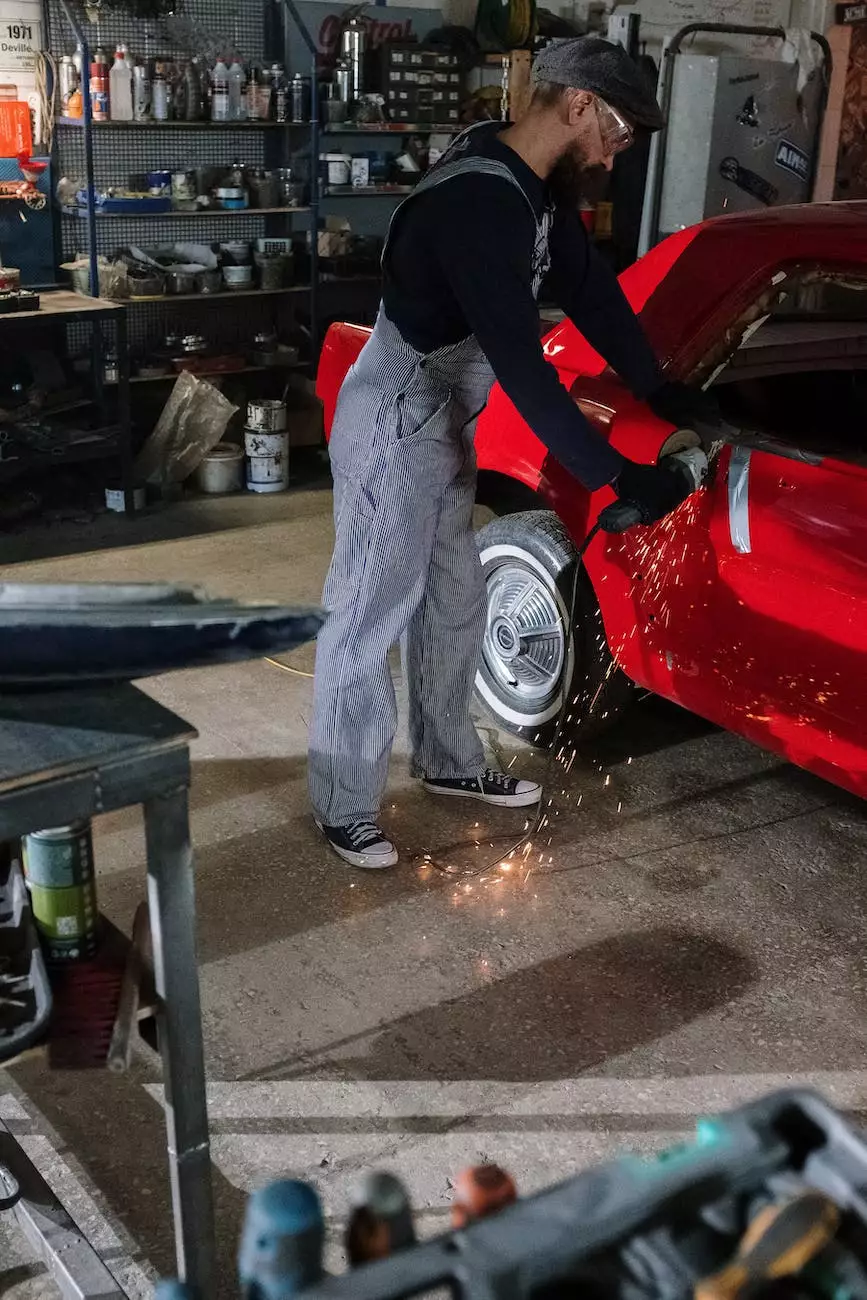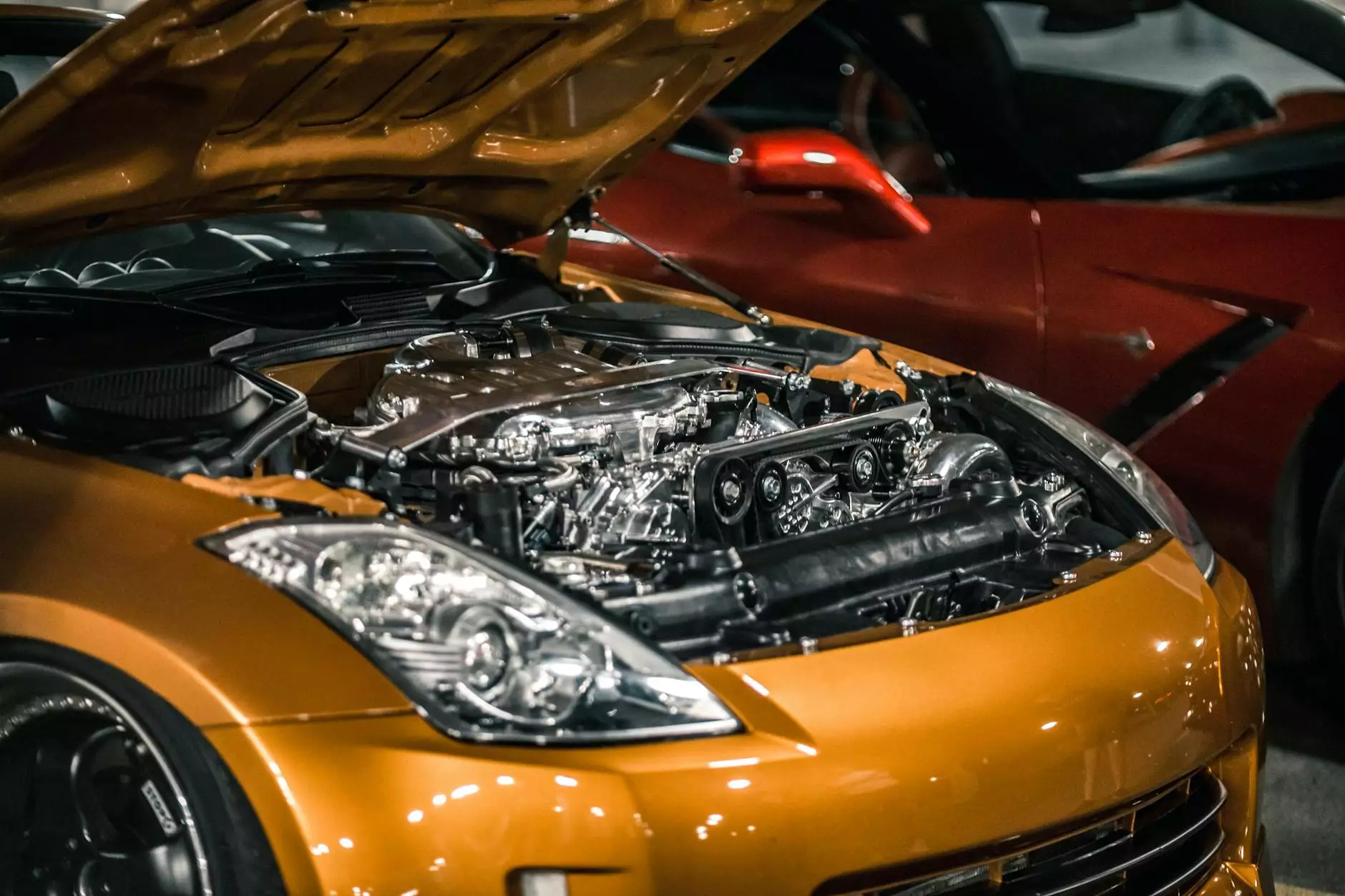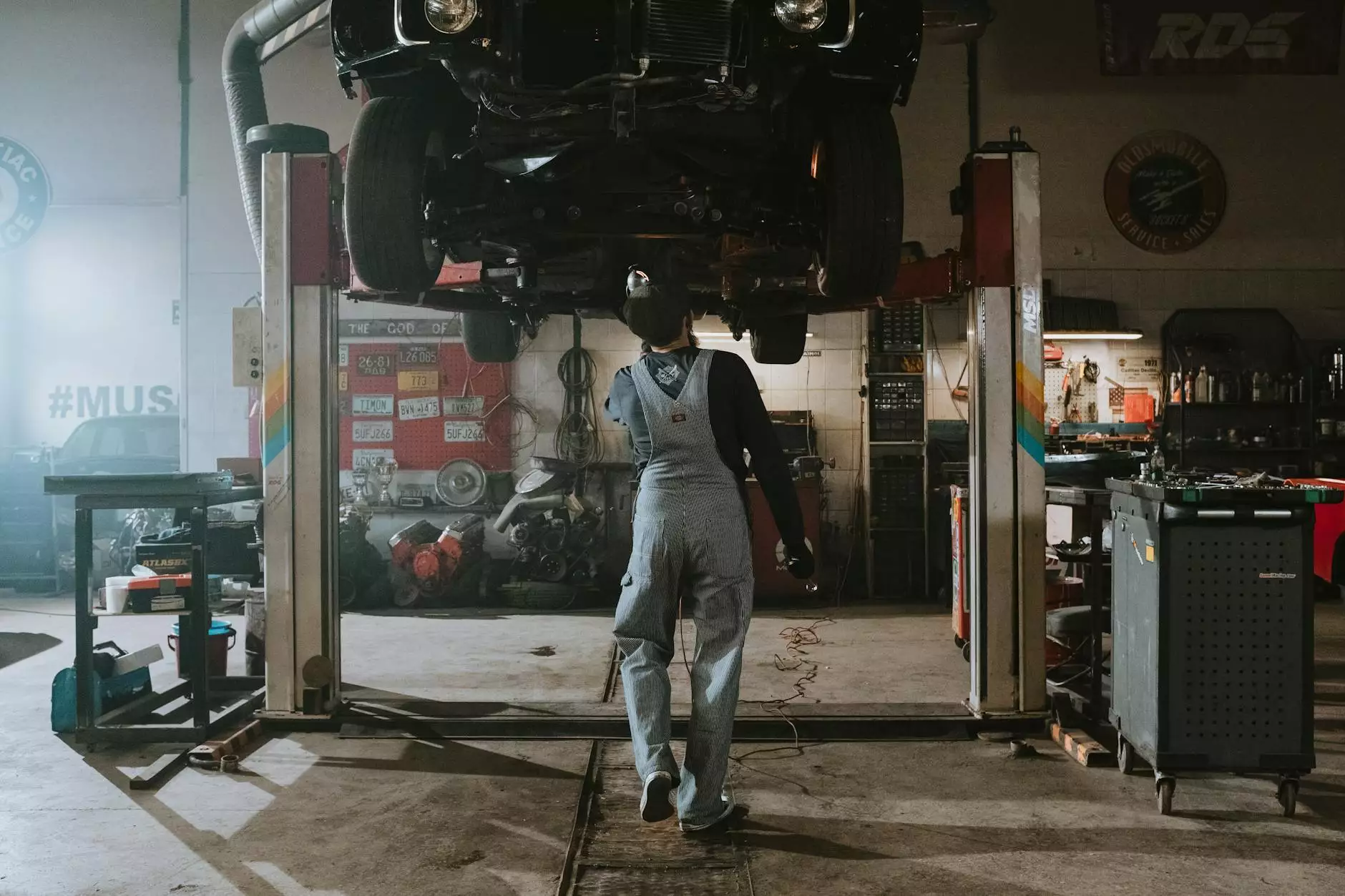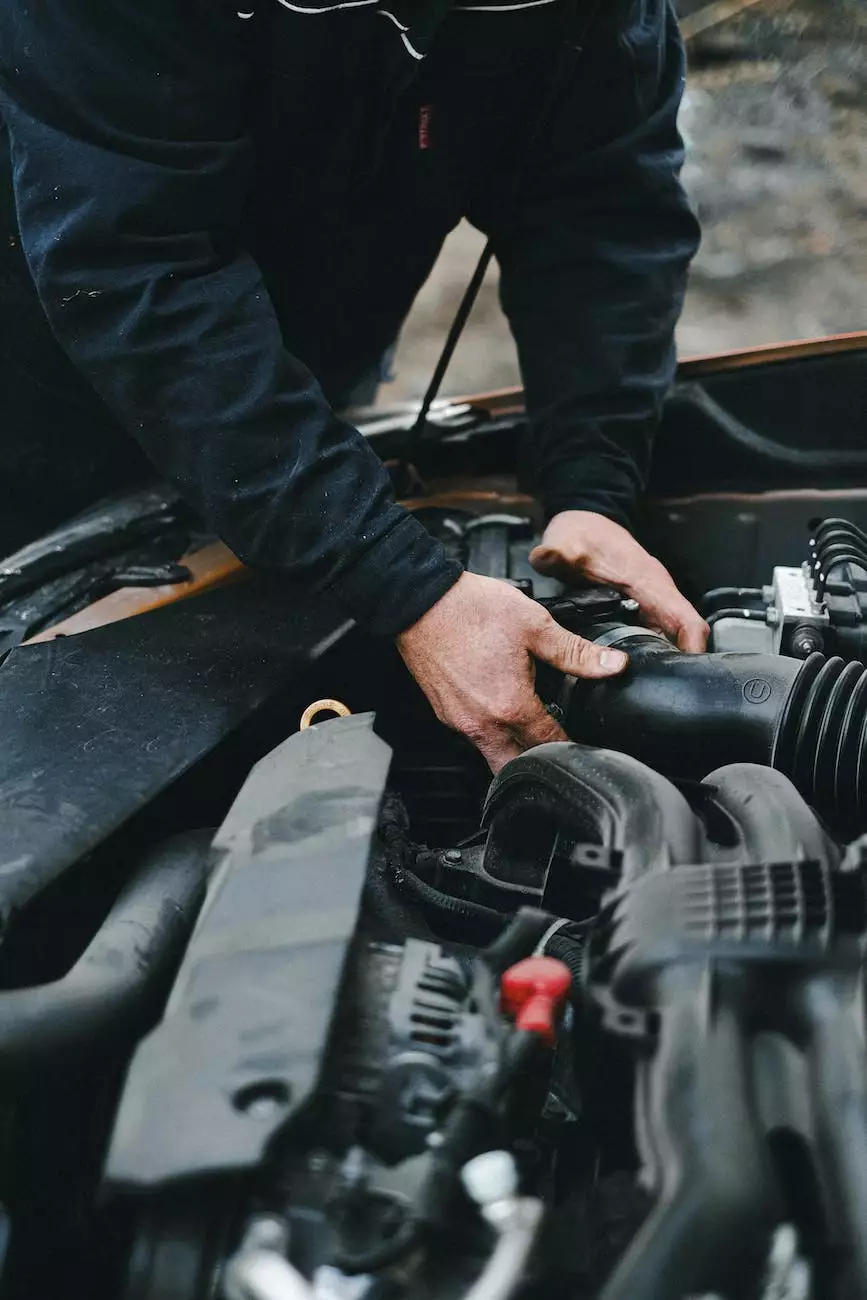Should you DIY automotive repairs?

Introduction
Welcome to The Auto Experts, your premier destination for expert automotive advice and guidance. In this comprehensive guide, we will explore the topic of DIY automotive repairs, helping you determine whether it's the right choice for you and your vehicle.
What are DIY automotive repairs?
DIY automotive repairs refer to the practice of undertaking car repairs and maintenance tasks yourself, without the assistance of a professional mechanic or technician. Many vehicle owners consider tackling these repairs to save money and gain a sense of accomplishment. However, it's important to evaluate the complexity and potential risks associated with DIY repairs before diving in.
Benefits of DIY automotive repairs
There are several advantages associated with DIY automotive repairs. By working on your vehicle yourself, you can:
- Save money on labor costs
- Gain a deeper understanding of your vehicle
- Enjoy a sense of ownership and accomplishment
- Flexibility in scheduling repairs
- Personalize and customize your vehicle
Considerations before attempting DIY repairs
While the benefits may seem enticing, it's crucial to be aware of the following considerations before embarking on a DIY automotive repair project:
- Technical knowledge and skill level: Assess your own skills and knowledge. Some repairs may require specialized tools and expertise.
- Safety risks: Understand the potential hazards involved in working on your vehicle, such as electrical systems, heavy components, and sharp objects.
- Warranty implications: Performing repairs incorrectly may void your vehicle's warranty. Evaluate the terms and conditions associated with your warranty before proceeding.
- Time and effort: DIY repairs can be time-consuming and require patience. Evaluate whether you have the necessary time and resources to complete the repair effectively.
- Complexity of the repair: Some repairs may be more complex and require advanced skills. Consider whether the repair falls within your capabilities.
Popular DIY automotive repairs
For those with the necessary skills and confidence, certain automotive repairs are commonly performed by DIY enthusiasts. These include:
- Oil changes: Regular oil changes help maintain engine performance and prolong its lifespan.
- Brake pad replacement: Brake pads wear down over time and need replacement to ensure optimum braking performance.
- Battery replacement: When a vehicle's battery fails, replacing it can be a relatively straightforward process.
- Air filter replacement: Clogged air filters can impact engine performance and fuel efficiency. Replacing them is relatively simple.
- Spark plug replacement: Worn-out spark plugs can affect engine combustion and fuel efficiency. Replacing them can improve performance.
When to seek professional help
While some repairs are suitable for DIY, there are instances where it's best to seek professional assistance. Consider the following scenarios:
- Complex repairs: Examples include engine overhauls, transmission repairs, and electrical system troubleshooting.
- Lack of specialized tools: Some repairs require specific tools that may not be readily available to DIY enthusiasts.
- Time constraints: If you are unable to allocate sufficient time for a repair, it's advisable to rely on a professional who can complete the task efficiently.
- Safety concerns: If a repair involves high-risk elements or potential dangers, it's best to entrust the job to experienced professionals.
Conclusion
DIY automotive repairs can be a rewarding experience, providing cost savings and a sense of accomplishment. However, it's essential to evaluate your skills, the complexity of the repair, and the safety risks involved. By understanding these factors and seeking professional assistance when necessary, you can make informed decisions about when to DIY and when to rely on the expertise of auto professionals. Stay tuned for more expert advice and guidance from The Auto Experts!










